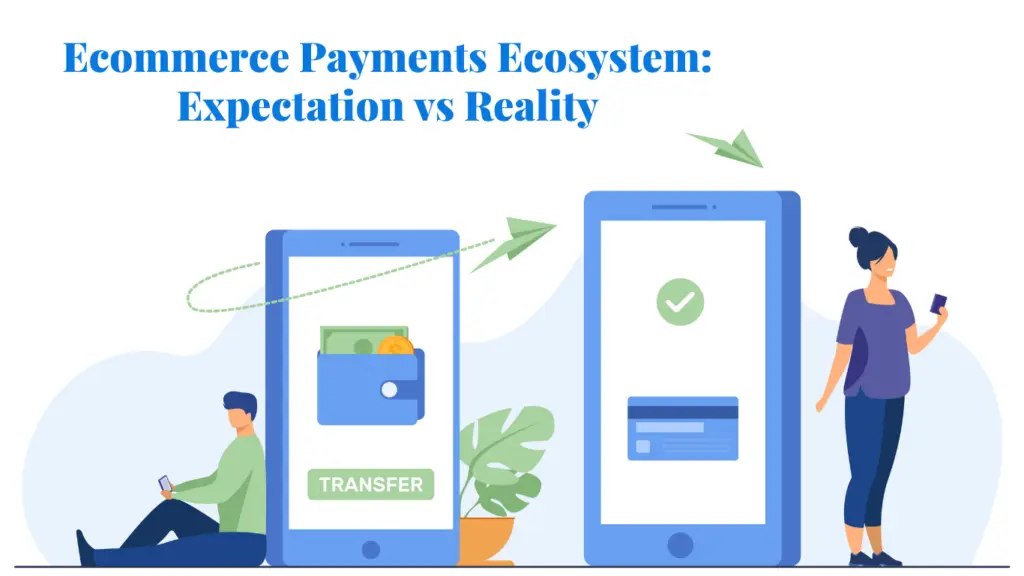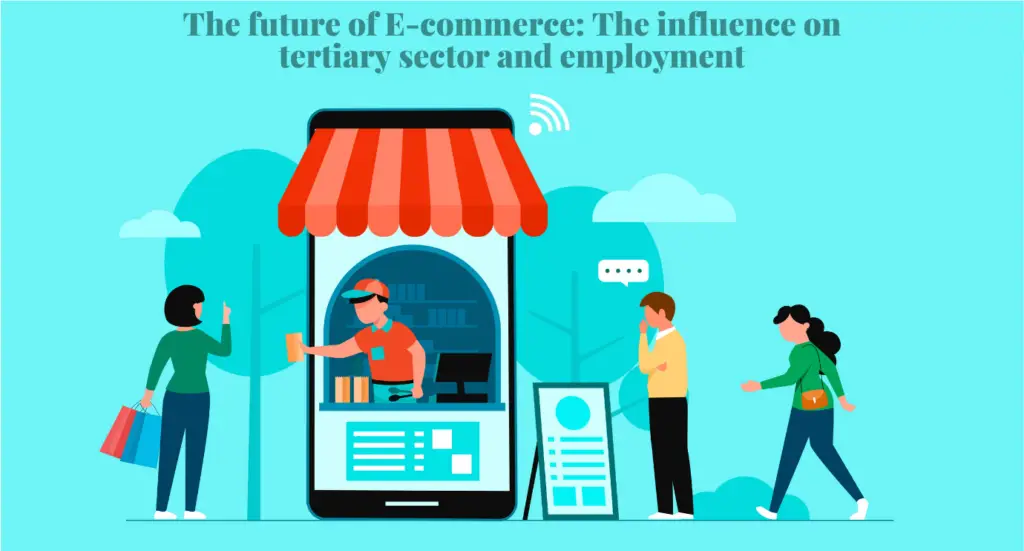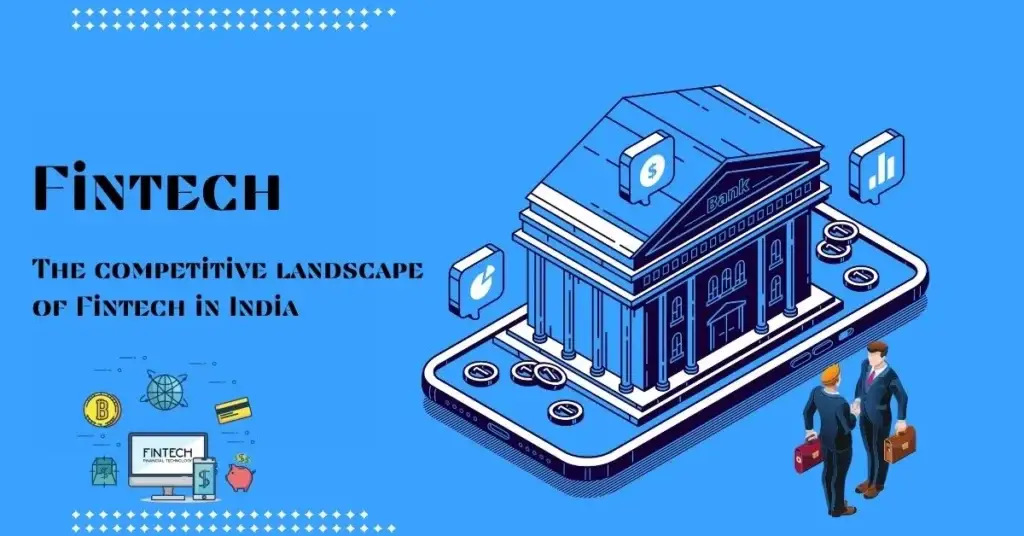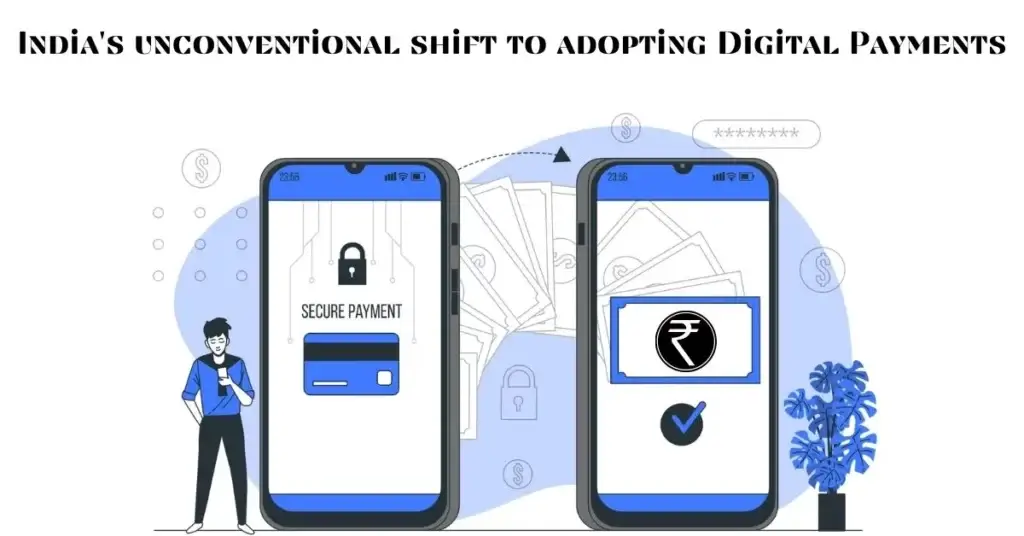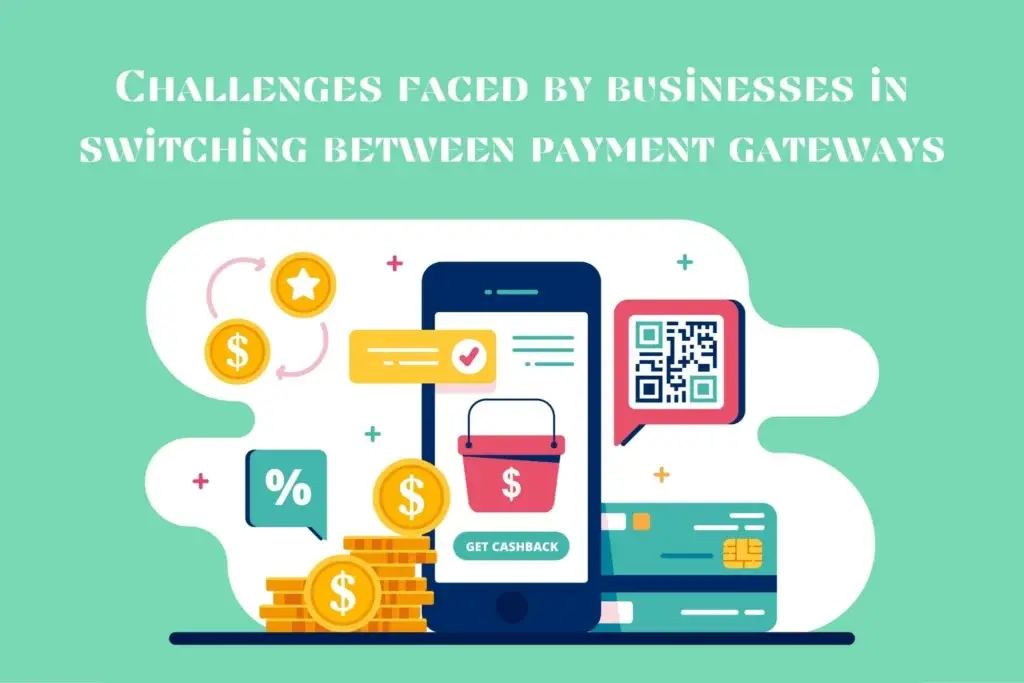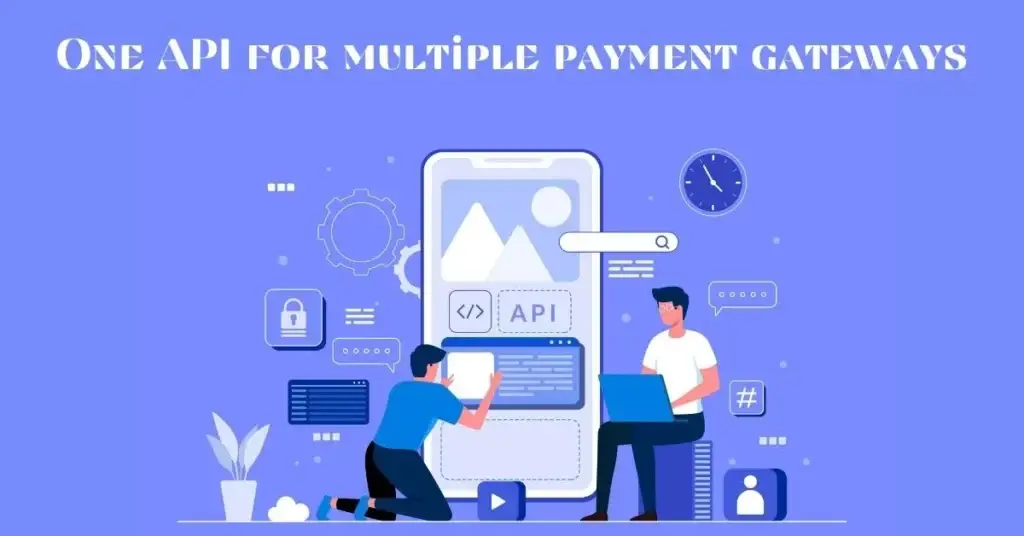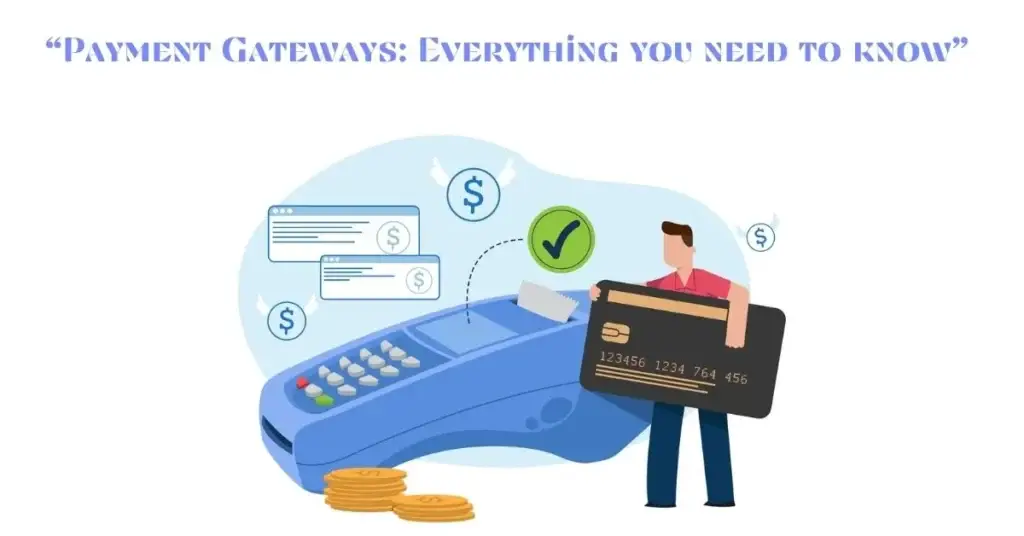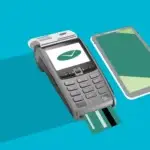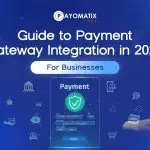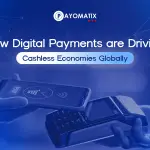We now live in a world where everything is digitized, from the exploration of outer space to even buying day to day groceries. Technology has benefited the human race today in ways we cannot even fathom. However, the impact of digitisation is best seen in the growth of businesses. India has now taken the leap into virtually revolutionising transactions.
Now you see Indian businesses, big and small, opting for digital payment solutions where a simple scan of a QR code or swipe of a card can provide a seamless payment experience. India has now progressed to a point where even street-side vendors offer multiple digital payment solutions & options instead of conventional cash transactions.
What are digital payments?
Fuelled by mobile devices, smart technologies, and 24/7 internet connectivity, the way consumers shop and make payments have changed. This presents great opportunities for SMEs (Small and Medium Enterprises) to enable the use of digital payment methods to create a journey of seamless payment experiences for their consumers.
Digital payments can positively impact SMEs consumers’ preference for digital channels, hence it’s not surprising to see that consumers are more inclined to make a payment through digital channels rather than the traditional payment methods.
What are the different modes of Digital Payments?
Over the years, there have been many types of digital payment solutions & methods adopted by businesses. These are as follows:
- Banking cards
These can be debit or credit cards which consumers use by swiping through a card machine, however, the option of paying via smartphones has been seen in the past few years as well.
- Mobile Wallets
Here you can carry money in digital format. This is done by linking bank accounts to mobile wallets to enable transactions with just a few clicks on your phone.
- Internet banking
Also known as net banking, it allows the customer of a specific bank to transfer money for various transactions with the help of the bank’s website. It also provides other facilities like customer service and account management.
- UPI
It stands for Unified Payments Interface and brings several bank accounts into a single application. In this digital payment solutions, a person holding any bank account can transfer money or receive money via a UPI-based app.
However, many small business owners still hesitate to prefer online payment methods and still stick to cash transactions. This is mainly because they are unaware of how the process works and have fears of being hacked and having their money stolen by
So how to convince small businesses that digital payment solutions are the way to go? You convey the advantages of integrating digital payment modes for their understanding.
What are the advantages of digital payments?
1. Instant payment transfer
If you own or run a small business, by providing digital payment solutions & options you can take your business to greater heights. Having multiple digital payment options can increase the reach of your business and consumers from all over the globe can get information and buy products sold by your business and make instant payments while doing the same. This can be made possible by giving options of UPI, net banking etc. instead of only accepting cash.
2. Contactless
The global landscape has changed since the onset of a global pandemic in 2020. People now need to avoid human contact in any and every possible way in order to protect themselves from the coronavirus. This has led to a sharp increase in the usage of contactless payments. The QR code is one such example of a digital payment method where the buyer needs to open their payment app and use the scanner to scan the QR code provided by the business
Related Article: What made FinTech thrive in the era of the COVID-19 Pandemic?
3. Transparency
Transparency in payments is a crucial factor to take into consideration when running a business. Therefore, when digital payment methods are utilised, it becomes important for business owners to maintain transparency with their consumers. In the case of digital payment solutions, a business owner does not have to worry about maintaining physical payment records for proof. Moreover, one can provide all the payment details to the customer as well, so as to avoid confusion while making payments.
4. Customer Convenience
Digital payments help in providing better and more convenient payment services to customers. A mobile payment service securely stores the customer’s credit and debit card information to make payments for a product within a matter of minutes. Therefore, if you set up recurring billing and automate the collection of payments, the process becomes comparatively effortless especially since it is a better alternative to manually tracking payments.
Offering such convenience to customers is good for businesses as many of these customers even get cashback and rewards which further incentivizes them to pay online thus, it is the ideal win-win situation for consumers and business owners alike.
5. Better Payment Security
The final and most convincing reason why small businesses must accept digital payments is higher payment security. While using checks, there may arise unpredictable miscalculations and check fraud issues as well. Finding out the issue and fixing it is a highly time-consuming process with no guarantee that the customer will get their money back. It might also result in cancelling the sale of a product which causes a negative payment experience and an overall bad customer experience.
Security features provided with digital payment solutions are that the payment processors first verify identities and ensure a sufficient amount is in the bank account before making any transactions. An added feature today is the concept of OTP (One Time Password) where the buyer gets this code and it proves the confirmation of the purchase made.
How can small businesses adapt to digital payments?
Integrating an e-commerce website with a payment gateway allows businesses to collect payments online via processing credit/ debit cards and net banking. Payment gateways use platforms such as Visa, MasterCard, etc. There are two options to do this:
1. Integrating via a third-party payment gateway
2. Integrating directly with a particular bank’s payment gateway.
However, we understand that managing multiple digital payment solutions & gateways for a small business would be a tedious task. In order to ensure providing an option for multiple payment gateways, a single API integration would be required.
Does India provide Single API Integration to small businesses?
Yes, it does! Payomatix is India’s first-ever company revolutionising payment solutions for all businesses – big and small. With a single API integration; your business would be able to manage multiple payment gateway options with a single easy-to-use dashboard as well as increase customer loyalty and satisfaction by eliminating payment failures and wait times as well.


